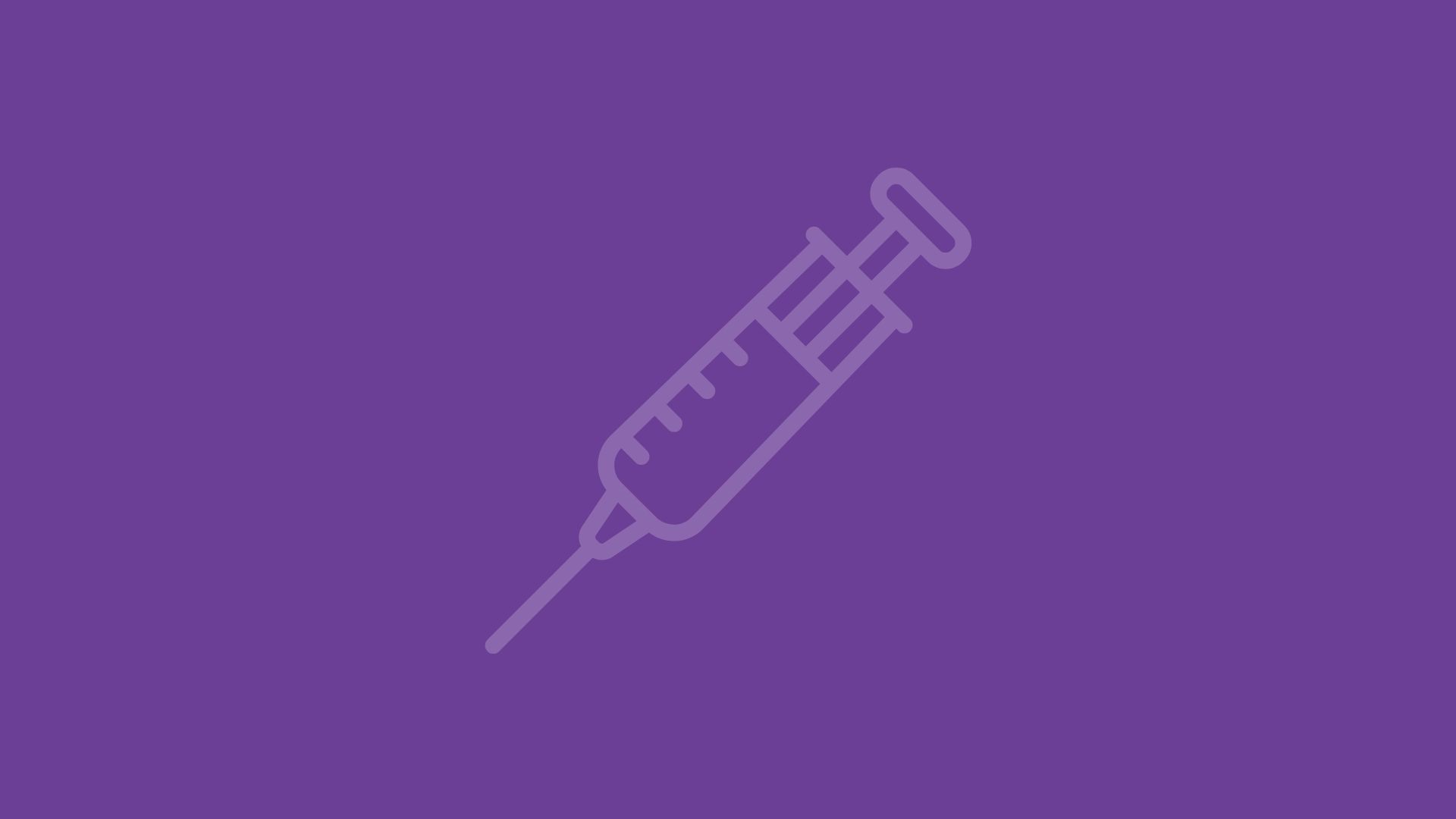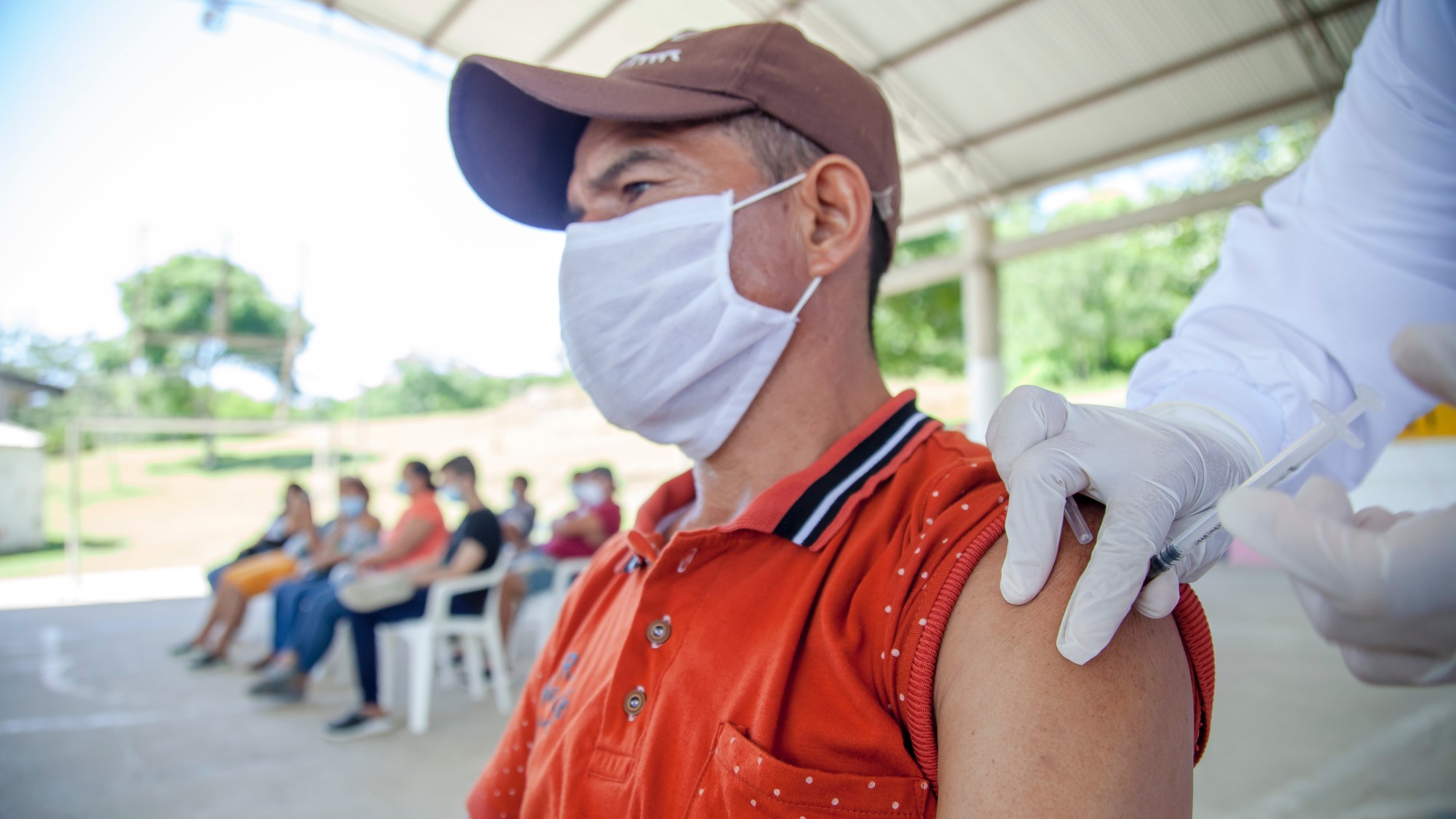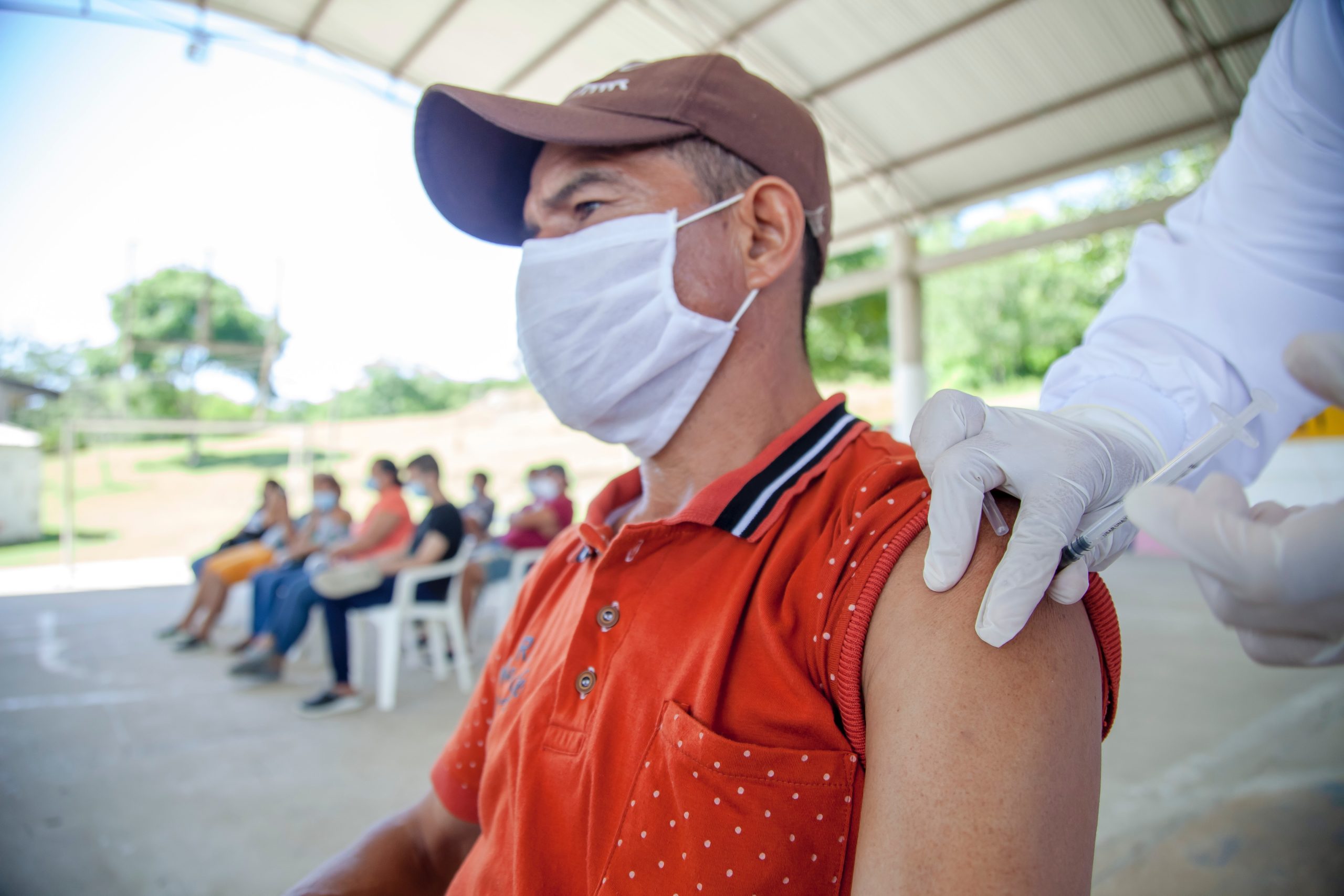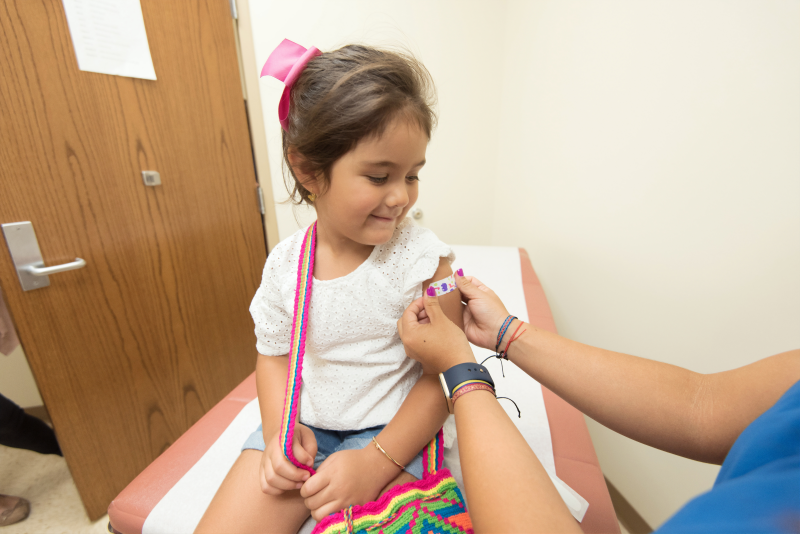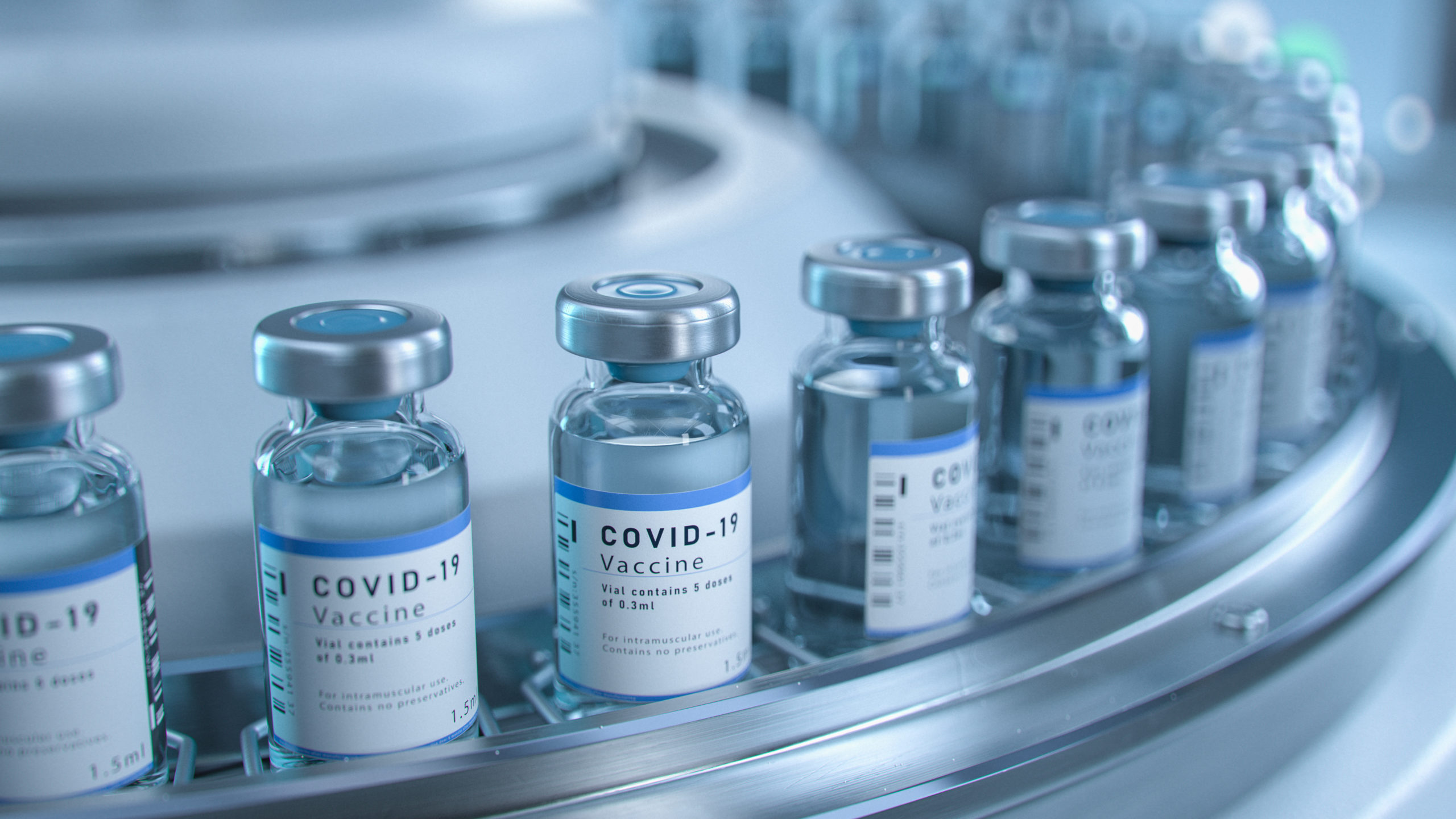COVID-19 pandemic sends clear message that Australia must value the long-term health of all Australians
21 February 2022: Medicines Australia is warning that Australia must act now to ensure that our health system is resourced properly to deal with growing demand and to cope with inevitable future pandemics and health crises.
Medicines Australia CEO, Elizabeth de Somer, said that the global COVID-19 pandemic has sent a clear message that all nations must future-proof their health systems.
“We must prepare for the future. This will involve planning for a strong health workforce; health infrastructure; public health policy and strategy; medical technology; community education and information campaigns – and medicines,” Ms de Somer said.
“It is vital that we remove any disincentives to research and development of medicines, including vaccines and curative therapies, that will be needed in the years and decades ahead.
“Currently in Australia, the priority is on medicines that deliver an immediate or short-term benefit.
“Treatments that have a shorter-term benefit are economically valued higher than a treatment that has a longer or lifetime benefit. For example, a cancer treatment that may increase someone’s survival rate for an extra five years is valued more highly than a vaccine that will protect a child for the rest of their life.
“As a society, Australia must treat all these medicines – which save lives, extend lives, and protect quality of life – more equally.
“This can be achieved by a simple change in policy by the Pharmaceutical Benefits Advisory Committee (PBAC).”
Medicines Australia has made a detailed submission – based on international best practice and experience – to the PBAC to change its position on this policy, which is known as the base discount rate.
Australia’s current discount rate has not been adjusted for more than 30 years to reflect the contemporary medical and health environment and does not align with international health technology assessment (HTA) best practice.
“Our high discount rate is ignoring the health needs of our future generations,” Ms de Somer said.
“Medicines Australia wants the PBAC to reduce Australia’s current discount rate of 5 per cent to 1.5 per cent, as recommended in countries such as Canada and England, to recognise the value of preventative treatments and cures, and speed up access to them.
“This would provide an incentive for research, development, and production of more new medicines that will be ready to deal with current, emerging, and future health conditions.
“It will better prepare our health system to deal with the complexities of future pandemics and other public health crises. It will strengthen the health system to allow it to save lives and improve the quality of life for our children and their children,” Ms de Somer said.
The Medicines Australia submission recommends an immediate change of the discount rate.
The Medicines Australia Submission to the PBAC on the Discount Rate is available at www.medicinesaustralia.com.au/policy/submissions.
-ENDS-
For further information or media interviews, please contact:
Chrystianna Moran – 0424 995 118 / chrystianna.moran@medicinesaustralia.com.au
John Flannery – 0419 494 761 / john.flannery@medicinesaustralia.com.au
>> Download fact sheet on discount rates
Background:
What is a discount rate?
Discount rates reflect how society values future outcomes compared to present outcomes. Many medicines, vaccines and treatments provide long-term health benefits. For example, a child receiving a polio vaccine will reap the benefits of that vaccine for the rest of their life. On the other hand, a new cancer treatment may increase someone’s survival rate for an extra 5 years. In Australia, the treatment that has a shorter-term benefit (the cancer treatment) is economically valued higher than a treatment that has a long or lifelong benefit.
For treatments that have long-term or lifelong benefits, a discount rate is applied, which means that the medicine is not valued as highly. The PBAC set the base discount rate at 5 per cent in 1990 with reference to Canada. Since that time, this discount rate hasn’t changed, despite other countries (including Canada and England), lowering base discount rates to make way for more preventative and curable medicines, vaccines, and treatments.
The discount rate is determined by the Pharmaceutical Benefits Advisory Committee (PBAC), whose primary role is to assess and recommend new medicines and treatments to be listed on the PBS. Part of the PBAC’s Health Technology Assessment (HTA) includes deciding whether a new medicine, vaccine, or treatment is safe and cost-effective compared to an existing treatment.
Why the discount rate needs to change
Our society and values have changed since 1990 and there is an increasing recognition of the importance of preventative healthcare. The COVID-19 vaccine rollout is just one example of the importance of preventative therapies.
If left unchanged, the discount rate will risk significantly reducing patient access to cutting edge therapies and affecting the long-term future health of generations of Australians, particularly young people who stand to benefit the most from preventative medicines early in their life.
In Australia, the 5 per cent discount rate has contributed to delays in accessing vital therapies – including vaccines for human papilloma virus (HPV) in adolescents, meningococcal disease in children and adolescents, zoster virus for 60-year-olds, and pneumococcal disease for adults, as well as medicines to treat hepatitis C, and treatments for spinal muscular atrophy in children.
Health and medical innovation is advancing faster than we have ever seen before, in particular when it comes to preventative treatments. Australia can’t afford to miss out on these new medical advances that can change or save lives.
Recommendation
The Strategic Agreement between Medicines Australia and the Commonwealth Government commits to reviewing the PBAC base case discount rate against international health technology assessment (HTA) best practice.
Medicines Australia has made a recommendation to PBAC to lower its discount rate from 5 per cent to 1.5 per cent.
This recommendation is based on a review of international HTA discount rate practice, the impact of high discount rates on access to medicines, and government policies that stress the importance of long-term health, such as Australia’s Long-Term National Health Plan.
A lower discount rate of 1.5 per cent will:
- recognise the value of long-term future health benefits;
- prove to the Australian people and the world that our population’s future health is valued;
- contribute to improving the speed of patient access to new and innovative therapies;
- promote PBAC decision-making equity; and
- align with the Commonwealth Government’s preventative health agenda.
It is important that the new discount rate is applied as soon as possible. The change could take effect by a simple adjustment to the PBAC Guidelines and could be implemented by July 2022.




